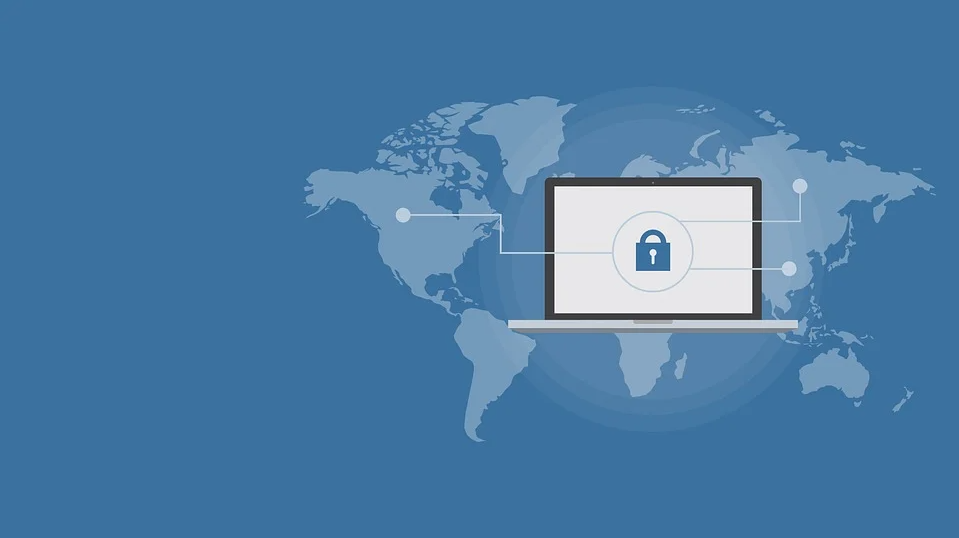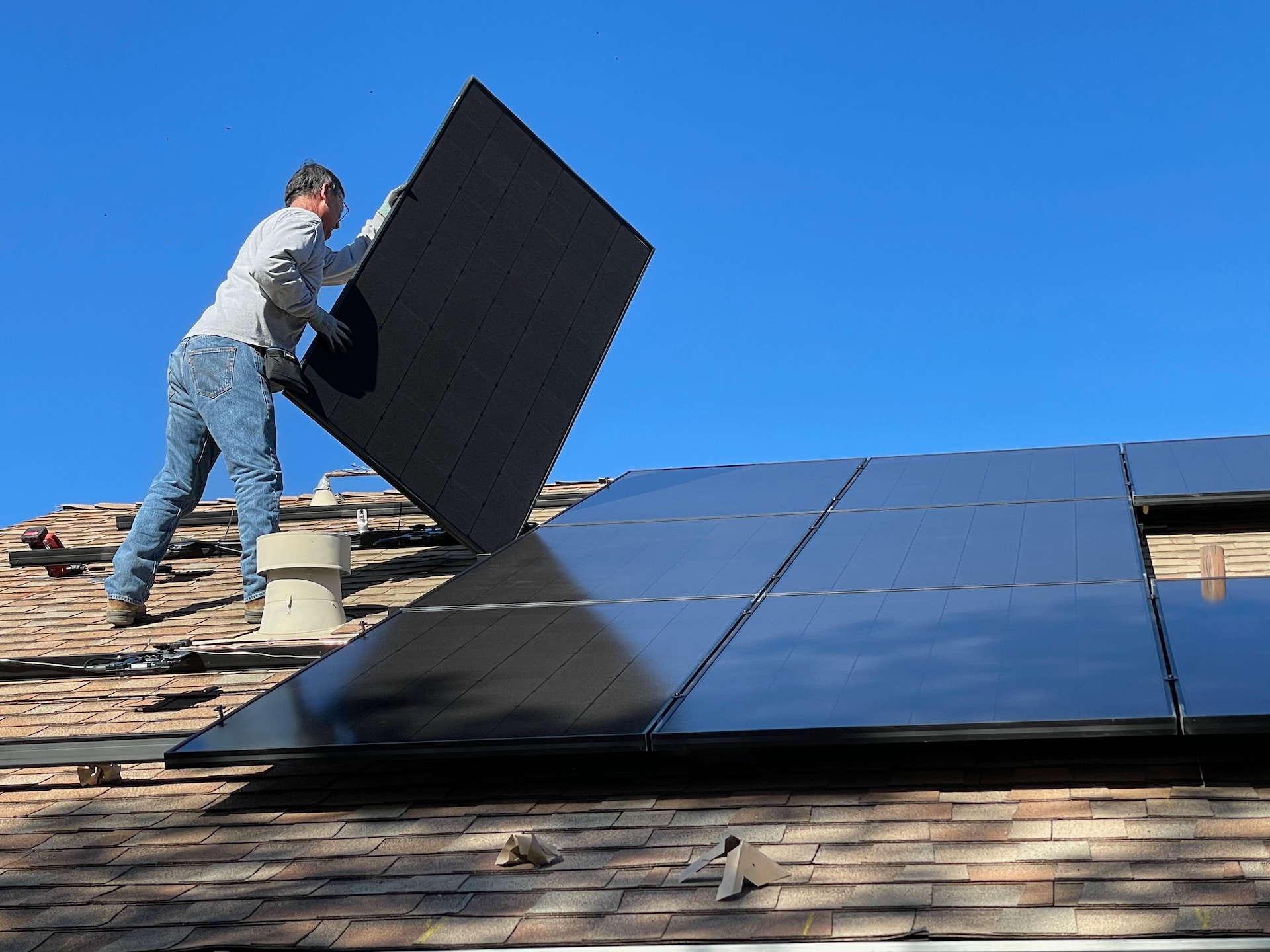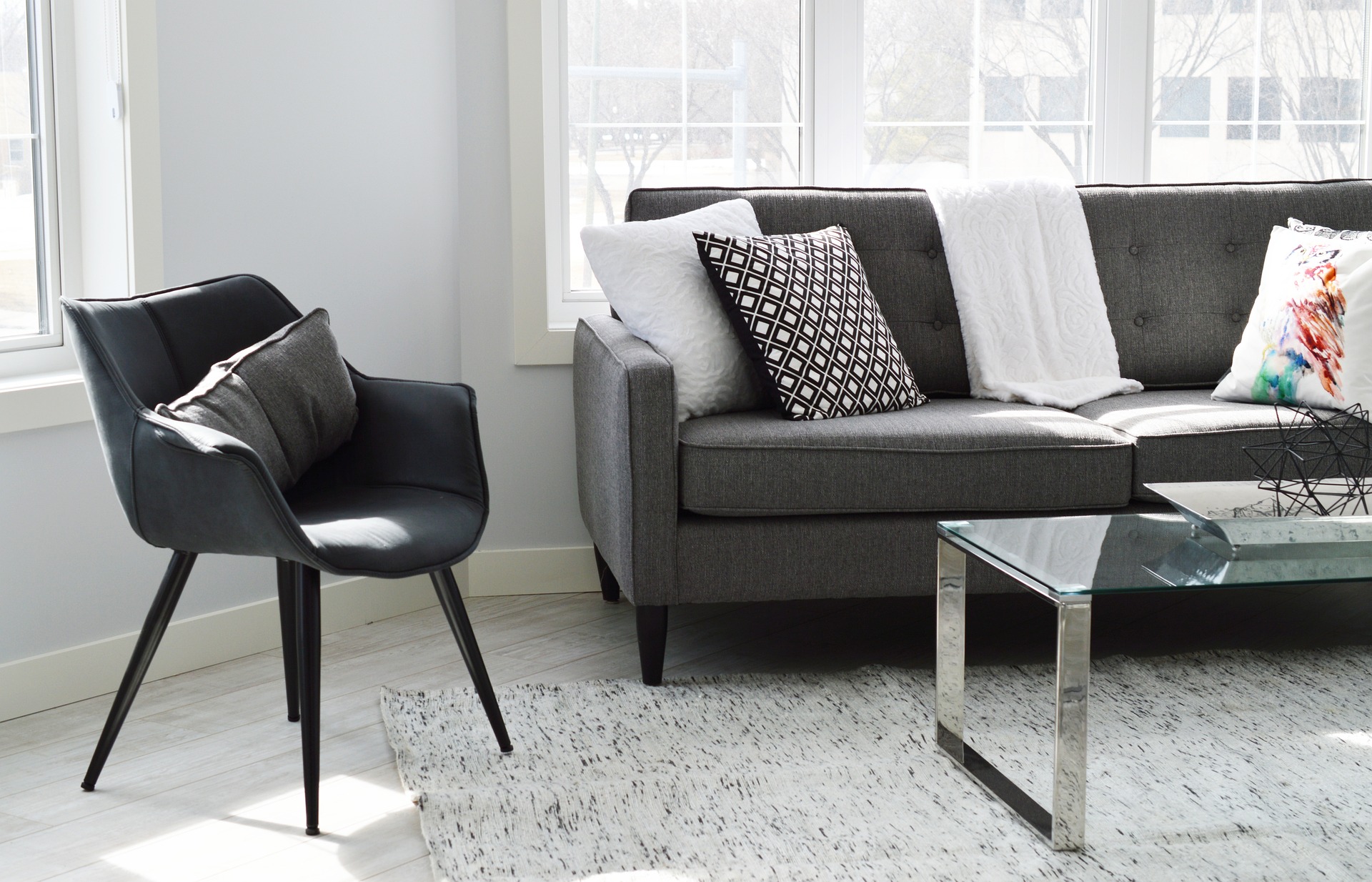People often do not care that much about documents – all until the moment they desperately need them. Suddenly, a run-of-the-mill piece of paper turns into a very important proof of your eligibility to get medical care or receive compensation for the flooded property. We bet you are well familiar with the feeling when you urgently have to provide certain information and you can’t even think of the place it might be. To make things worse, such scenarios usually accompany serious accidents and situations when your rapid reaction can save the life of your loved ones.
No one can predict a disaster or an accident but it’s in our power to prepare for the strikes of bad luck and be ready to face any challenges. In line with this, it is essential to properly store all the important documents in a way that they are fully accessible when you need them most. Here is how to keep all your family’s documents safe.
What Documents Should Be Kept Safe?
Let’s face it, stacks of important papers are an integral part of our life. They record every step we have made, make, or just plotting to make in the future, from birth to the very last breath. When you start a family, the volume of documentation begins to grow at lightning speed and at one point you found yourself swamped with a heck of a lot of different records and statements, from your mum’s medical history and your spouse’s car insurance to all the birth certificated of your children and even signed wills and trusts.
Add tons of sensitive financial and legal information, numerous passwords, and household device logins and it becomes pretty clear that you just can’t keep track of all those data anymore. Due to obvious reasons, it is especially important to keep your financial paperwork organized because nowadays, the inability to fish out some bank statement details or credit card info can cost you dearly. The same goes true for mortgage documents, property bills, and other pieces of banking info.
The full roster of documents that should be kept safe is too long to be squeezed into the frame of this article but let’s cite some of the most common items to take into account (in no particular order):
- Passports
- Bank accounts’ numbers and credentials
- Bank statements
- Retirement account info
- Investment account details
- Social Security
- Life insurance
- Real estate paperwork
- Property insurance
- Credit card information
- A financial advisor or agent contact details
- Tax returns
- Government benefits
- Outstanding loans
- Safety deposit box password
- Marriage certificate or divorce-related paperwork
- Email login and passwords
- Home security information
- Household device logins
- Safe combination
Just as already said, this is far from being a comprehensive list of docs, you are better to keep far away from the eyes of strangers but at the same time, in such a way that you can access each of the papers the very second you need it. Let’s take a closer look at how you can do it.
Buy a Safe
If you still haven’t got one, it is the right time to buy a home safe. Perhaps, your lockable file cabinet looks like a great option but believe us, it doesn’t. First of all, those locks are very simple to crack, and secondly, ordinary cabinets are not fire-resistance, which means your documentation is not safe in the case of fire. If you think about the complicated and costly procedures of replacing your papers or ID’s, the price for a quality safe doesn’t seem unreasonable at all. By the way, some of the documents, wills, for instance, can’t be replaced, so you will have to pay your lawyer for the preparation of a new one.
Keep in mind that absolutely any product that claims to be fire-resistant should have a rating from Underwriters Laboratories that clearly indicates the period of time, the interior of this product (a safe in our case) remains protected during a fire. The usual range starts at a half-hour, which is the shortest time and goes up to four hours.
Rent a Bank Safe Deposit Box
If you do not want to invest in a home safe or just think that your house is not the best place to keep the important documents, you can rent a safe deposit box at your bank. There is no dilemma, it is hard to find a more secure place but there is one catch here: banks are not open 24/7 and there is not much you can do in the case of an emergency, just wait for the working hours. In addition to that, this is a costly delight that also comes with one another downside – all deposit boxes have to be sealed immediately upon the death of its holder.
Use Online Document Storage
Thanks to the advancement of modern technologies, today we can go paperless in many cases, using the benefits of digital docs. Needless to say, using one of the trusted cloud storage is arguably the most convenient way to keep your info safe and secure. The main advantage comes in the form of instant accessibility – the entire library of all conceivable and inconceivable files is just at your fingertips anytime and anywhere.
Even in the case of a high emergency, you will be able to get the necessary document literally in seconds providing you have an internet connection. If you wonder whether your sensitive information can be cracked and misused by hackers and other scam artists, the answer is that your info is as secure as all your bank transactions because state-of-the-art online storage uses the same type of encryption as banks and other financial institutions. Just make sure your password is strong enough and enjoy neatly organized files loaded with your documents.
Just as it is the case with many things in life, there is no one-size-fits-all solution when it comes to keeping your family’s documents safe and secure. Choose the option that suits the best your personal preferences and current circumstances but remember, it is also very important to be able to access the documents when you really need them.






Leave A Comment